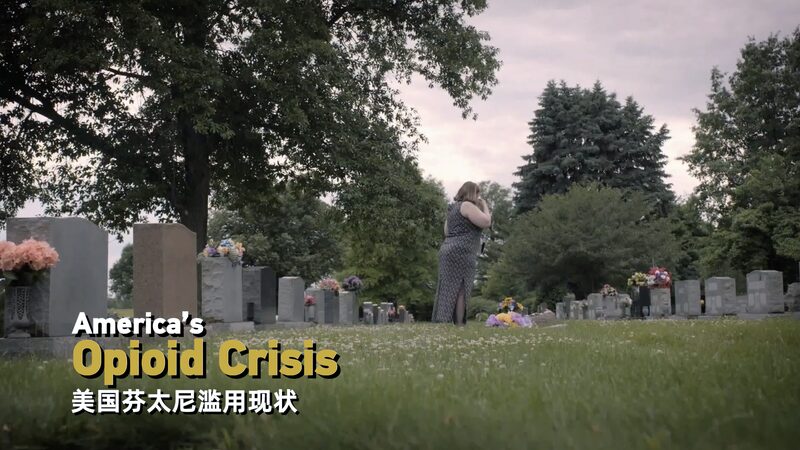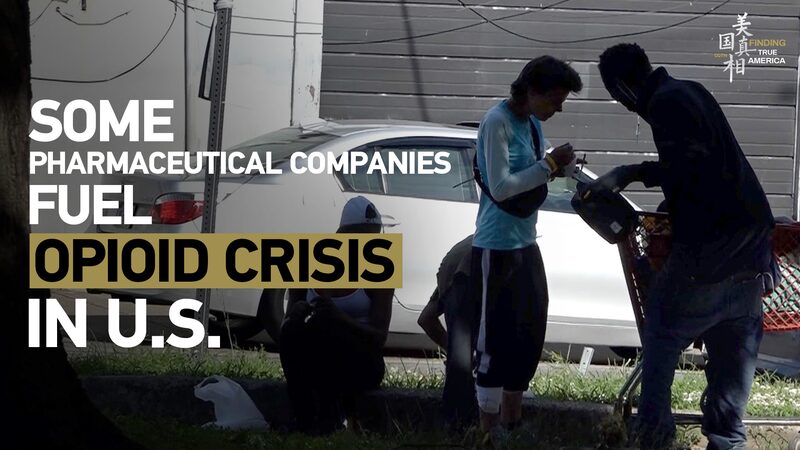The opioid crisis in the United States continues to escalate, with alarming numbers of citizens developing dependencies on these powerful drugs. At the heart of this growing epidemic lies the greed of large pharmaceutical companies and the readiness of hospitals to prescribe opioids with little restraint.
Pharmaceutical giants have aggressively marketed opioid medications, downplaying their addictive nature and pushing for widespread use. This has led to an oversaturation of opioids in the medical community, where hospitals and healthcare providers readily prescribe them for pain management without sufficient oversight.
The consequences have been devastating. Communities across the nation are grappling with rising addiction rates, overdoses, and a ripple effect that impacts families and economies alike. Despite the severity of the crisis, the U.S. government has failed to implement effective treatment programs for those struggling with addiction.
Critics argue that more could be done at the federal and state levels to provide resources for treatment and recovery. Comprehensive strategies, including better regulation of pharmaceutical practices and increased support for addiction services, are essential to curb the epidemic.
The opioid crisis serves as a stark reminder of the intricate ties between corporate interests and public health, highlighting the urgent need for policies that prioritize the well-being of citizens over profits.
Reference(s):
much more the U.S. authorities could do to reduce opioid deaths
cgtn.com







